WHO Wins Praise From Many Countries, Criticism From The US
The World Health Organization received praise from many countries but fierce criticism from the United States at its virtual assembly, as members sought to agree a joint response to COVID-19 -- and assurances that any vaccine would be available to all.
"COVID-19 must be a wake-up call. It is time for an end to the hubris," United Nations Secretary-General Antonio Guterres told the virtual assembly.
"Either we get through this pandemic together, or we fail."
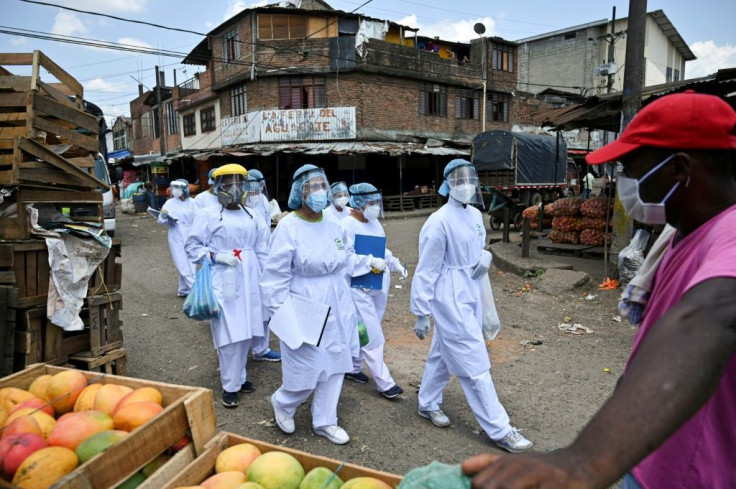
The annual World Health Assembly (WHA) has this year been trimmed from the usual three weeks to just two days, and is focusing solely on the pandemic, which has killed over 315,000 people globally.
Speaking by video-link, a wide range of country leaders and health ministers hailed the WHO's efforts to coordinate the response, and urged more funding and stronger support for the UN agency.
But US health secretary Alex Azar blamed the WHO for not obtaining or providing the information needed to stem the pandemic.

"We must be frank about one of the primary reasons this outbreak spun out of control: there was a failure by this organisation to obtain the information that the world needed, and that failure cost many lives," he said.
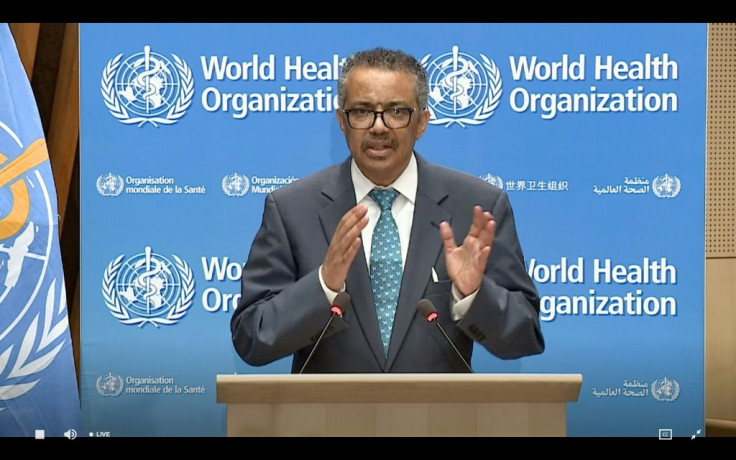
WHO director-general Tedros Adhanom Ghebreyesus meanwhile reiterated to the assembly that his organisation had "sounded the alarm early, and we sounded it often".
And Guterres noted: "Many countries have ignored the recommendations of the World Health Organization." The world was "paying a heavy price" for the sometimes contradictory strategies, he added.
Washington is locked in an increasingly bitter spat with Beijing, where the pandemic began late last year. But it has also increasingly taken aim at the WHO.
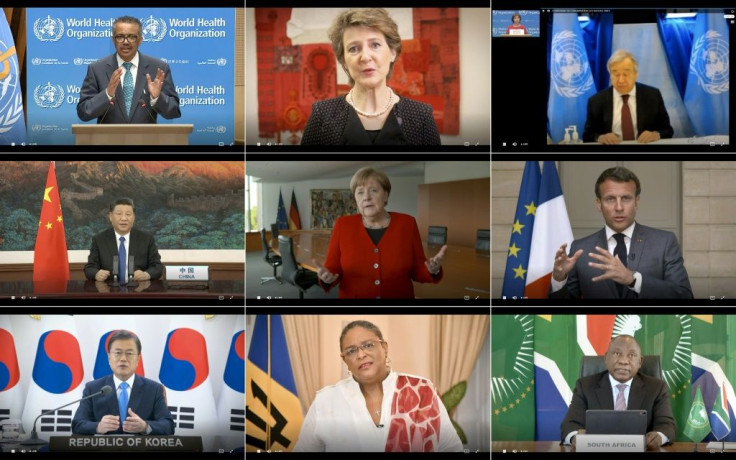
US President Donald Trump announced last month that Washington, the WHO's largest donor, would suspend its funding to the organisation.
Despite the growing tensions between the world's two largest economies, member states hope the WHA would adopt a resolution aimed at fashioning a joint response, including commitments on equitable access to potential treatments and vaccines.
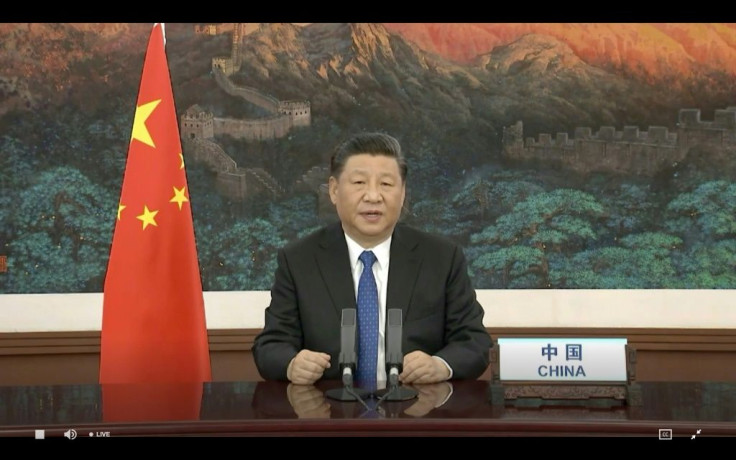
Chinese President Xi Jinping voiced support for a joint approach, vowing in his address to make any vaccine his country developed available for all.
"After the research and development of China's coronavirus vaccine is completed and it is put into use, it will be made a global public good," said Xi, whose country currently has five potential vaccines in clinical trials.
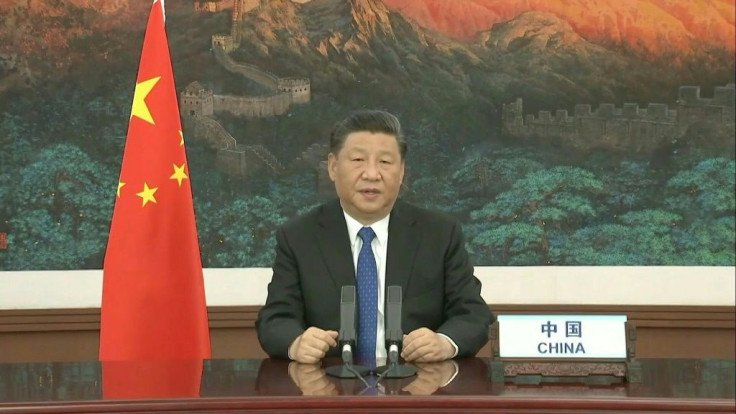
French President Emmanuel Macron said any vaccine must "be a global public good". German Chancellor Angela Merkel also insisted it "should of course be available and affordable to all".
A WHA resolution tabled by the European Union also calls for an "impartial, independent and comprehensive evaluation" of the international response to the coronavirus crisis.
An EU source hailed the draft as "ambitious", pointing out that if it passed by consensus as expected, it would mark the first time a global forum had achieved unanimous support for a text on the COVID-19 response.
Countries had not shied away from thorny topics, said the source -- including a call for more WHO reform after determining that its capacities had "proven insufficient to prevent a crisis of this magnitude".
Azar called for an independent review of "every aspect" of the UN health agency's response to the pandemic.
While Tedros welcomed that call, he
stressed there was no need to dramatically overhaul the WHO.
The immediate need was to "strengthen, implement and finance the systems and organisations it has -- including WHO."
Xi also said Beijing would support a "comprehensive evaluation" of the global response to the pandemic -- once the virus had been brought under control.
While diplomats have agreed in principle on the draft resolution, observers voiced concern that in the current politicised atmosphere, some countries might still choose to break the consensus.
Member states meanwhile steered clear of a controversial discussion on whether to grant Taiwan observer status, a move vehemently opposed by Beijing, which considers the island part of its territory.
Nearly 15 states, including Belize, Guatemala and Honduras, wanted the question of Taiwan's participation to be added to the WHA agenda.
Washington has also been increasingly vocal, with demands that Taiwan be allowed in as an observer.
But amid fears the row would overshadow the global health body's work to address the COVID-19 crisis, members unanimously agreed Monday to postpone the discussion until later in the year.
Although Washington did not object to the postponement during the session, Secretary of State Mike Pompeo slammed "Taiwan's exclusion".
The move "further damages the WHO's credibility and effectiveness", he said.
© Copyright AFP 2024. All rights reserved.





















